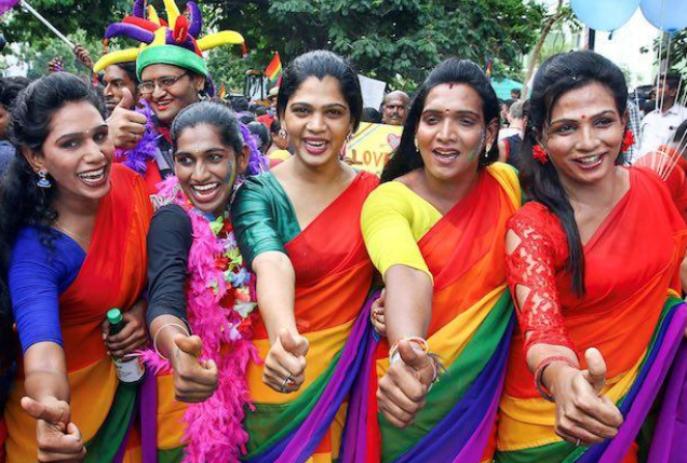CRITICAL ANALYSIS OF TRANSGENGER PROTECTION ACT, 2019
AUTHOR – AVANEE MISRA, STUDENT AT KIIT SCHOOL OF LAW, BHUBANESWAR
Best Citation – AVANEE MISRA, CRITICAL ANALYSIS OF TRANSGENGER PROTECTION ACT, 2019, ILE CONSTITUTIONAL REVIEW, 2 (3) of 2023, Pg. 15-21, APIS – 3920 – 0006 | ISSN – 2583-7168.
ABSTRACT
India has been a land of diverse human race and have enormous society. In a diverse country like ours where the citizens are pleased by all the privilege by being a part of this pronounced society but we should never to remember that every coins have two sides, there are also people who are deprived of their basic privilege. Considering the Transgender community as they have been a part of this society for very long, the rights of this community have been triumph over antiquated and anachronistic British era laws in India. It wasn’t simple to be transgender and to live in a cultural society like India. Each individual have fundamental entitlements to life, education, healthcare, and employment, but the people of transgender community have been fighting for these privileges prior to they were even born. Despite claiming to be evolved, our culture does not recognize the various gender identities and expressions. Such individuals have difficulty because they are not prepared to embrace change or anything that is distinct. The transgender community is harmed by societal norms. The greatest obstacle that transgender people face is Section 377 of the Indian Penal Code, 1860. Articles 14, 15, and 21 of the Indian Constitution are in conflict with this section. Additionally, the rights granted to transgender people are insufficient; they want the mankind’s respect and acceptance. They continue to experience social discrimination and stigma.
In the case of NALSA.v. Union of India[1] the Supreme Court recognized the transgender people as “third gender”. Further, part of Section 377 of the Indian Penal Code 1860 was decriminalized which prohibited consensual sex between homosexual couples in the case of Navtej Singh Johar.v. Union of India[2]. This led to the drafting of Transgender Act, 2019 which was eventually passed and received the assent of the President.
Keywords: Transgender, Discrimination, Harassment, consensual, prohibited.
[1] Navtej Singh Johar. v. Union of India AIR 2014 SC 1863.
[2]National legal State Service Authority .v. Union of India AIR 2018 SC 4321.
